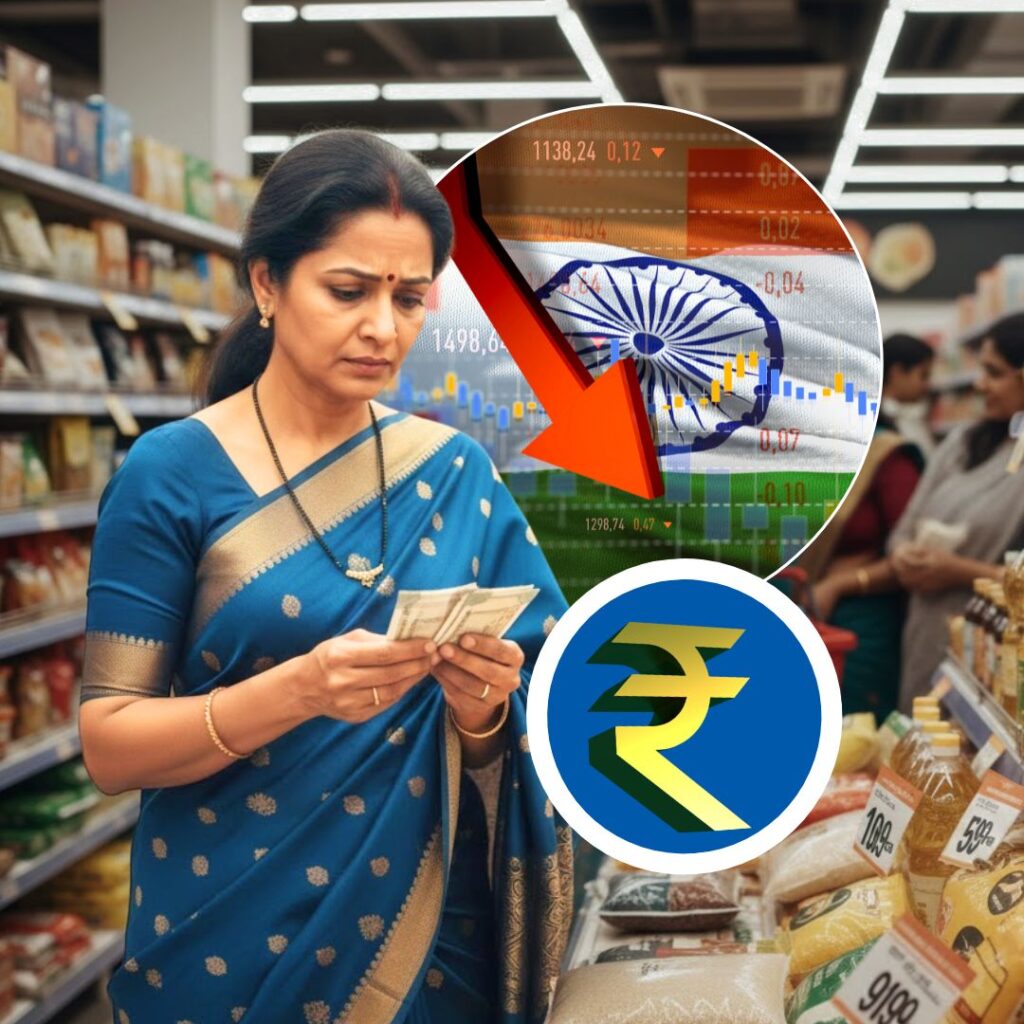The Reporters Without Borders’ annual press freedom index, which was released on April 21, has ranked India at 142 among 180 countries.
Titled 2020 World Press Freedom Index, the report says that the Indian media reeling under a Hindu nationalist government, which has time and again tried to gag journalists.
Paris-based Reporters Sans Frontieres (RSF), or Reporters Without Borders, is a non-profit organisation that works to document and combat attacks on journalists around the world. In its report, RSF attributes India’s ranking to the Narendra Modi government ‘tightening’ its grip on the media, and pressuring it to ‘toe the Hindu nationalist government’s line’.
‘With no murders of journalists in India in 2019, as against six in 2018, the security situation for the country’s media might seem, on the face of it, to have improved. However, there have been constant press freedom violations, including police violence against journalists, ambushes by political activists, and reprisals instigated by criminal groups or corrupt local officials,’ it said.
‘Ever since the general elections in the spring of 2019, won overwhelmingly by Prime Minister Narendra Modi’s Bharatiya Janata Party, pressure on the media to toe the Hindu nationalist government’s line has increased,’ it added.
Media Adding Communal Colour
In the recent past, there have been numerous incidents that were blatantly communalised by the media.
Last month, around 9,000 people had participated in the Tablighi Jamaat conference in Delhi’s Nizamuddin. After the event, many of the attendees travelled to various parts of the country. Reportedly, a third of the nearly 3,000 coronavirus cases reported during that time were either people who attended the Tablighi gathering or those who came in contact with them.
The incident proved to be fodder for several media houses to communalise a global pandemic. A barrage of fake news targeting the Muslim community for the pandemic also followed suit, both by social media users and mainstream media. With the use of hashtags like #CoronaJihad and #BioJihad the pandemic took the form of a hate campaign against the minority community.
People’s fear of coronavirus and existing religious tensions further fuelled Islamophobia in the country.
Another incident where the mainstream media used the pandemic to spread hatred regarding the minority community was when a huge crowd of migrant workers gathered at the Bandra railway station in Mumbai on April 14, following PM Narendra Modi’s announcement of the extension of the lockdown.
While there were similar gatherings in Surat, Gujarat, channels focused solely on the Bandra incident. Moreover, channels like NewsNation, India TV, and ABP were fixated on why the crowd gathered near a masjid at the station – even when the masjid played no role in the gathering. The migrants, hungry and needy, just wanted to go to their hometowns, and yet, the media was desperate to find a non-existent religious angle.
The RSF report also pointed out ‘a clear correlation between suppression of media freedom in response to the coronavirus pandemic and a country’s ranking in the Index.’
Fake News, A Handy Weapon
‘State troll armies in Russia, India, Philippines and Vietnam use the weapon of disinformation on social media,’ it added. In the case of the Jamaat incident, there were a number of fake videos that surfaced online which claimed that Muslims were deliberately spreading coronavirus.
Almost all political party IT cells have paid worker continuously distributing fake news. What’s surprising about Indian media is the mainstream media is deliberately propagating fake news along with the IT cells. Several fake reports of the mainstream media were also called out by the police.
For instance, a report by Zee News’s Uttar Pradesh and Uttarakhand segment published on April 6, claimed that a medical team escorting coronavirus-positive members of the Tablighi Jamaat was pelted with stones in Uttar Pradesh.
However, Firozabad police debunked the claim saying, ‘You are spreading false and misleading news when neither a medical team nor any ambulance has been pelted with stones in Firozabad district.’
Similarly, in the Palghar case, where two sadhus and their driver were lynched, the media houses that are the motormouths of the Hindu nationalist agenda were quick to give it a communal angle.
The three men were coming from Mumbai in a van when the local residents stopped them on the Dhabadi-Khanvel road near Gadchinchle village and attacked them on the suspicion that they were child kidnappers and organ harvesters.
While the attack had no religious angle to it, fake messages swarmed social media, with some even claiming that Muslims were behind it., while both the victims and attackers were Hindus. Hashtags like #JusticeForHinduSadhus were also trending. Some BJP leaders also politicised the brutal incident.
इस वीडियो के लास्ट में बहुत ध्यान से सुनें, साफ़ साफ़ एक लड़का बोल रहा है, ‘ मार शोएब मार ‘ Listen carefully man inciting …












